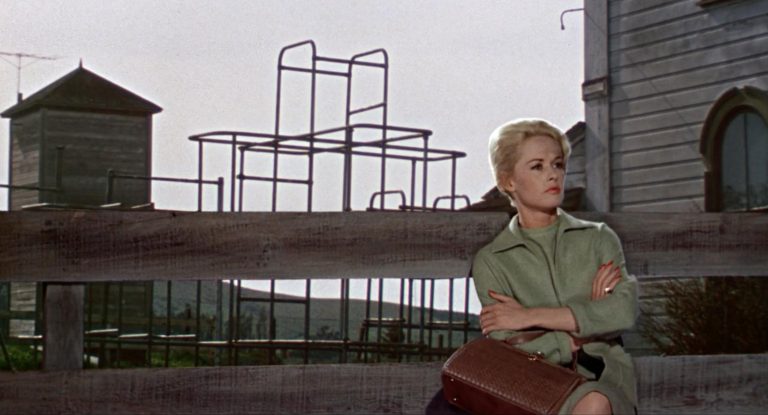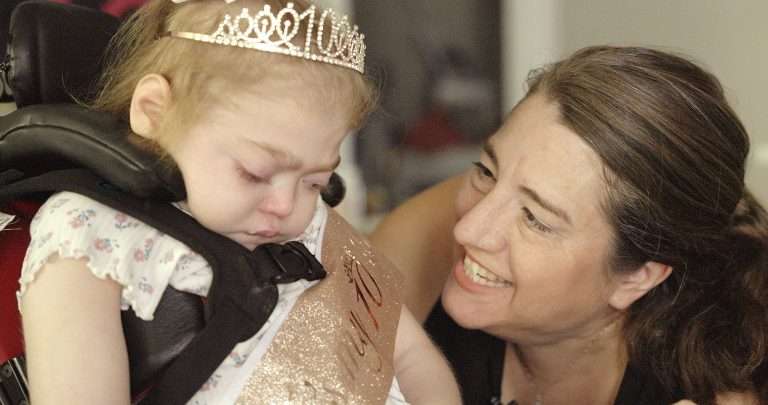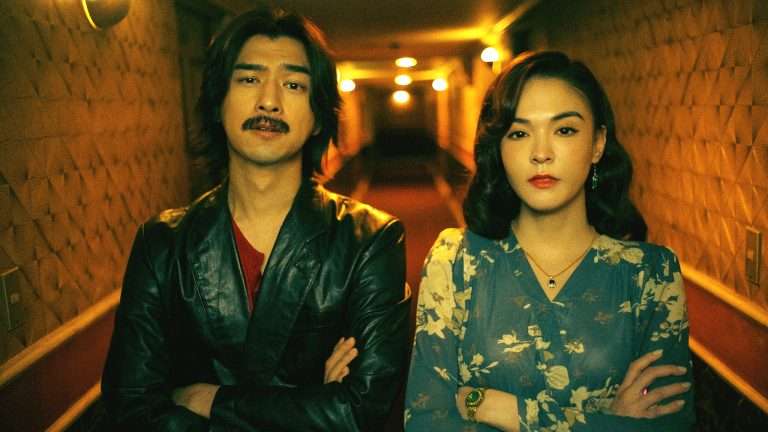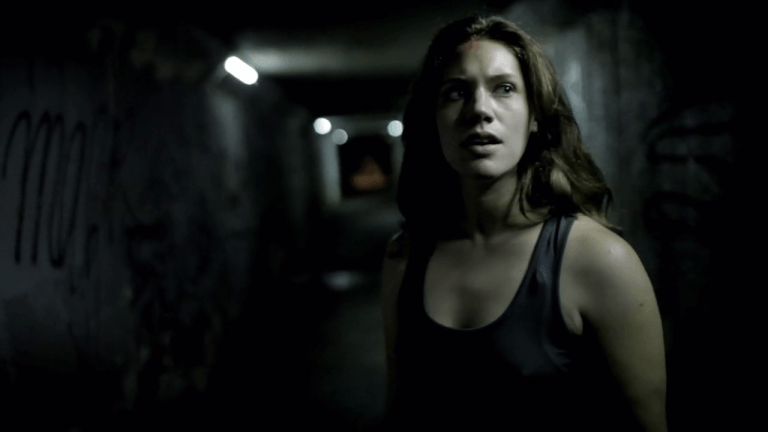Writer-director Goran Stolevski’s Of an Age (2022) floored with its intimate narration style. Stolevski used extremely tight close-ups to showcase its central couple seeking intimacy from each other. This cinematographic choice makes it hard for us to look anywhere else besides their faces. But instead of causing an issue in bringing out the emotional dynamic, it works in the film’s favor – especially because the acting performances are thoroughly captivating. ‘Housekeeping for Beginners’ uses a similar stylistic technique. Instead of intimacy, it focuses on building the tension and sinking its teeth deeper into its seemingly chaotic environment.
Call it an influence of Tarkovsky or the Dogme movement; the result, anyhow, is beyond astonishing. Every single emotion you experience within its duration hits harder and impacts deeper because of this approach. Stolevski presents a house full of people – where it initially becomes challenging to figure out how they are related to each other. He uses this exact confusion to his advantage and does not indulge in explaining their interpersonal relations. We would rather try sorting them out as the film progresses. The resulting lack of expositions makes every interaction seem even more real and more truthful.
The execution approach helps us fully engage with its portraits of unconventional relationships. At the same time, it makes us introspect upon our own definition of families. Set in Skopje, Macedonia, the script revolves around Dita (Anamaria Marinca), a healthcare worker who has to contend with the untimely loss of her girlfriend, Suada (Alina Serban). As a result of such tragic circumstances, Dita not only deals with her grief but also the responsibility of Suada’s two daughters from her earlier relationships – Vanesa (Mia Mustafa) and Mia (Dzada Selim).
Despite being someone who did not wish to be a mother, Dita suddenly needs to fill that gaping hole left by Suada. In that journey, she seeks help from her gay friend Toni (Vladimir Tintor) and his boyfriend, among other housemates – who form their tribe-like family. Besides the portrayal of this unconventional family, we see the characters breaking, challenging, and trying to reshape conventions of family, relationships and love throughout the film.
With LGBTQIA+ marriages still not being legally accepted in several countries, the script indirectly critiques our fixation on straight couples. We see a faux heterosexual couple getting accepted as parents rather than a responsible single parent. Along with it comes the assumption of conventional father & mother roles. The film presents its absurdity without making it sound like a lesson.
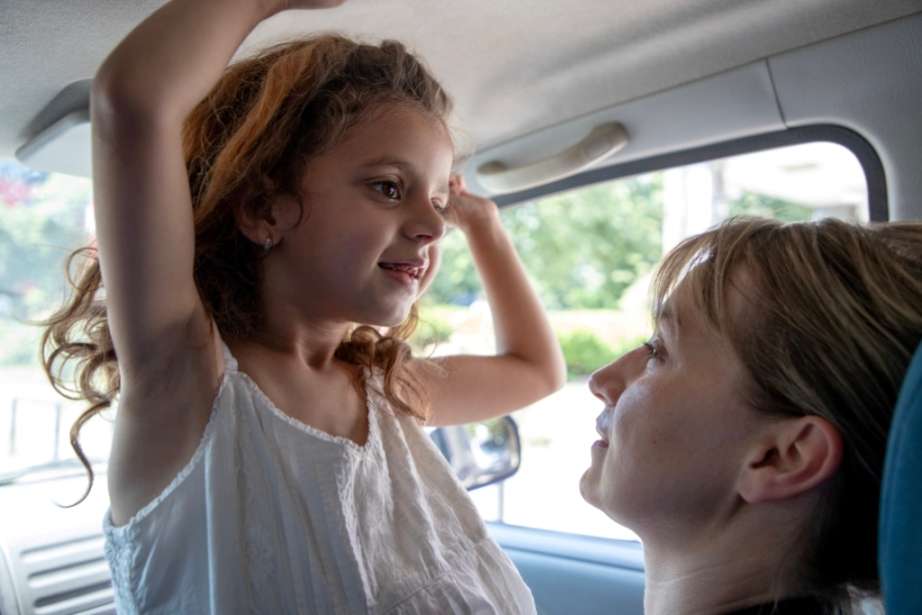
As the film progresses, Dita gradually adapts to the role of a mother even though Suada’s children are not the easiest to handle. With one being an inquisitive pre-schooler and the other a rebellious teen, she has to make their priorities hers.
In that transition phase, we see conflicts beyond the usual mother-daughter arguments, owing to their different racial identities. While following the ups and downs in their relationship, the film explores the unbalanced social landscape in Macedonia. Vanesa becomes the film’s way of presenting the push-and-pull relationship that is bound to happen to pick between the one she was born into and the one she chose. We sense her struggle to seek a sense of belonging.
But Stolveski ensures that none of it feels force-fitted in the script to prove a point. Mia Mustafa’s miraculous turn as her rebellious character is an absolute revelation. In Vanesa’s journey of self-realization, she balances the outward self-assuredness with the internal chaos so well that you forget you’re seeing a character on screen. I know that’s a cliché thing to say, but she deserves this praise, and so does Anamaria Marinca. She portrays the backbone of this family unit that always seems to be on the verge of collapse. Marinca’s scintillating performance keeps it centered around the idea of togetherness. Over the course, she also goes through a journey that helps her grow as an individual.
Besides every one of these artistic merits, it is genuinely heart-warming to see an LGBTQIA+ care house nurtured with so much warmth and compassion. Despite their difference in opinion, the family members stand with each other and learn how to support each other. Through the child characters, the film presents a wide range of experiences that are now a part of similar coming-of-age journeys. Through its male characters, it showcases different shades of masculinity. Since these little details are effortlessly woven into the script, Housekeeping for Beginners becomes endlessly charming.




